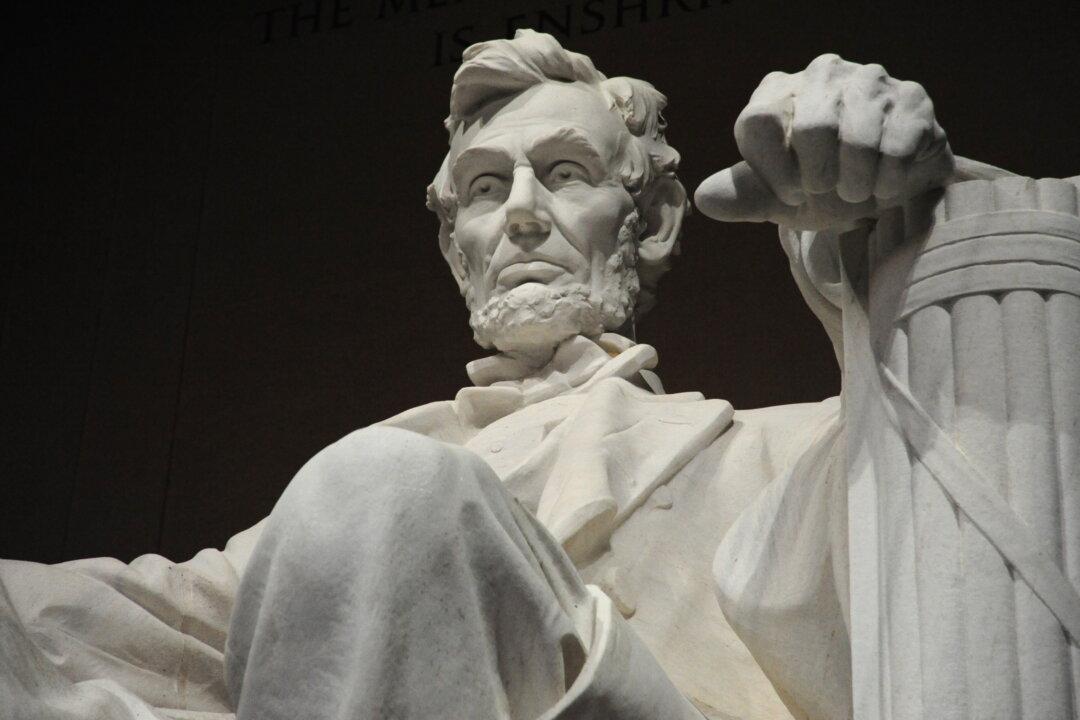Daniel J. Mahoney has written a timely book. As the American public on both ends of the political spectrum seem to be weary of politicians’ wayward rhetoric and actions, Mahoney has given readers, and hopefully present and future politicians, a recollection of honorable statesmen of the past three centuries.
“The Statesman as Thinker” reads like a modern version of “Plutarch’s Lives,” discussing the lives, works, and political philosophies of great statesmen. In the same vein as Plutarch, most of Mahoney’s selected statesmen are expected, but not all. The author utilizes statesmen of the West: America, Great Britain, and France, and, one influenced greatly by the West, then: Czechoslovakia, now the Czech Republic.






